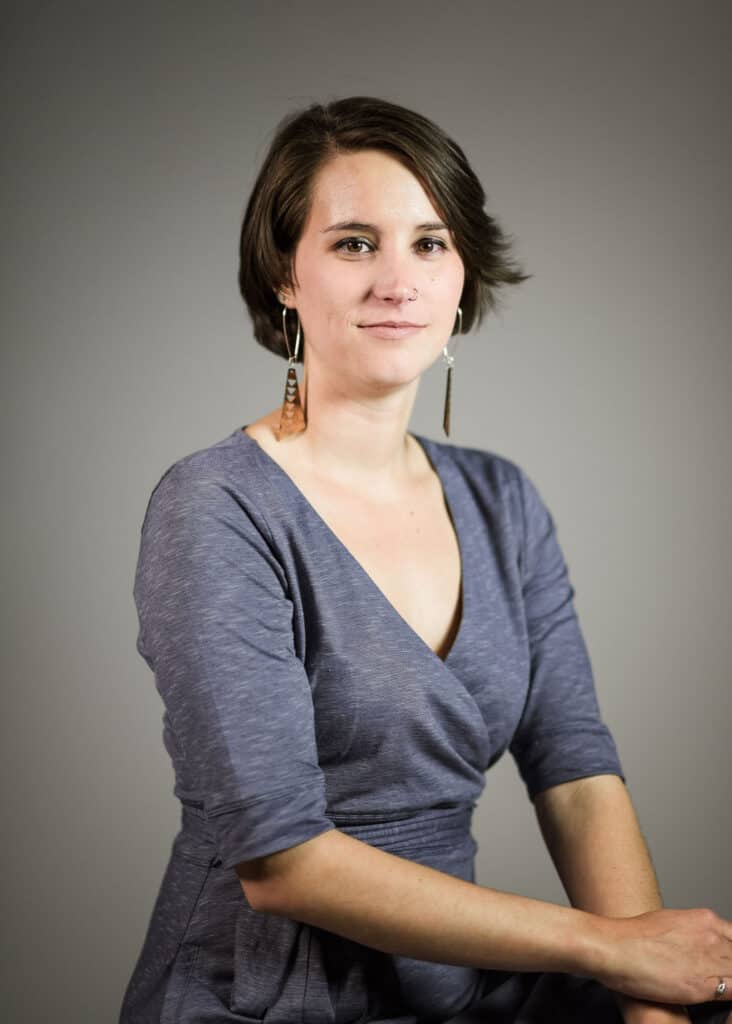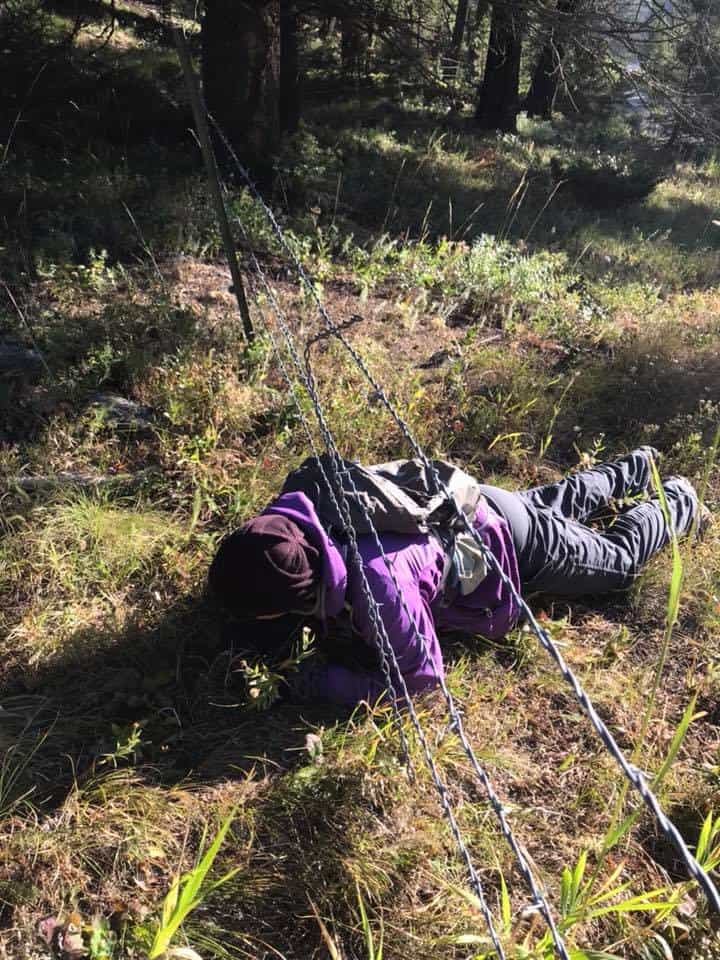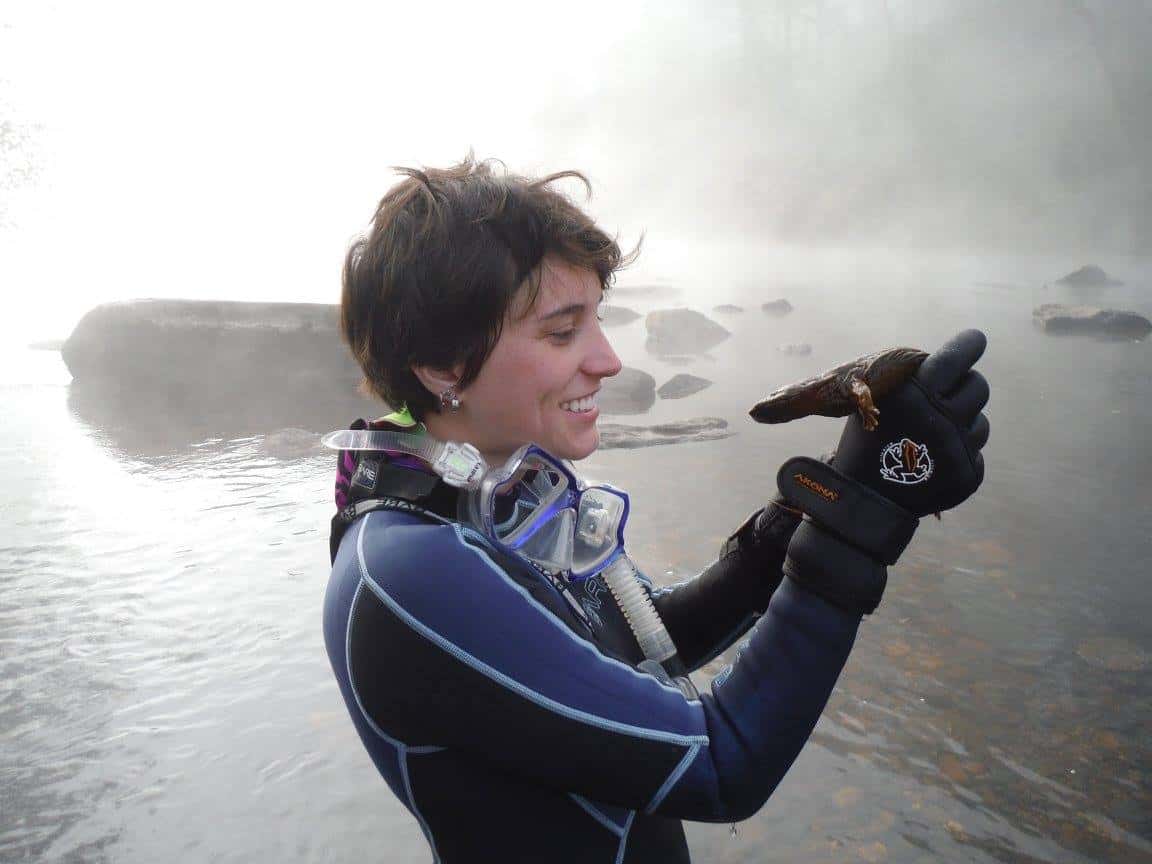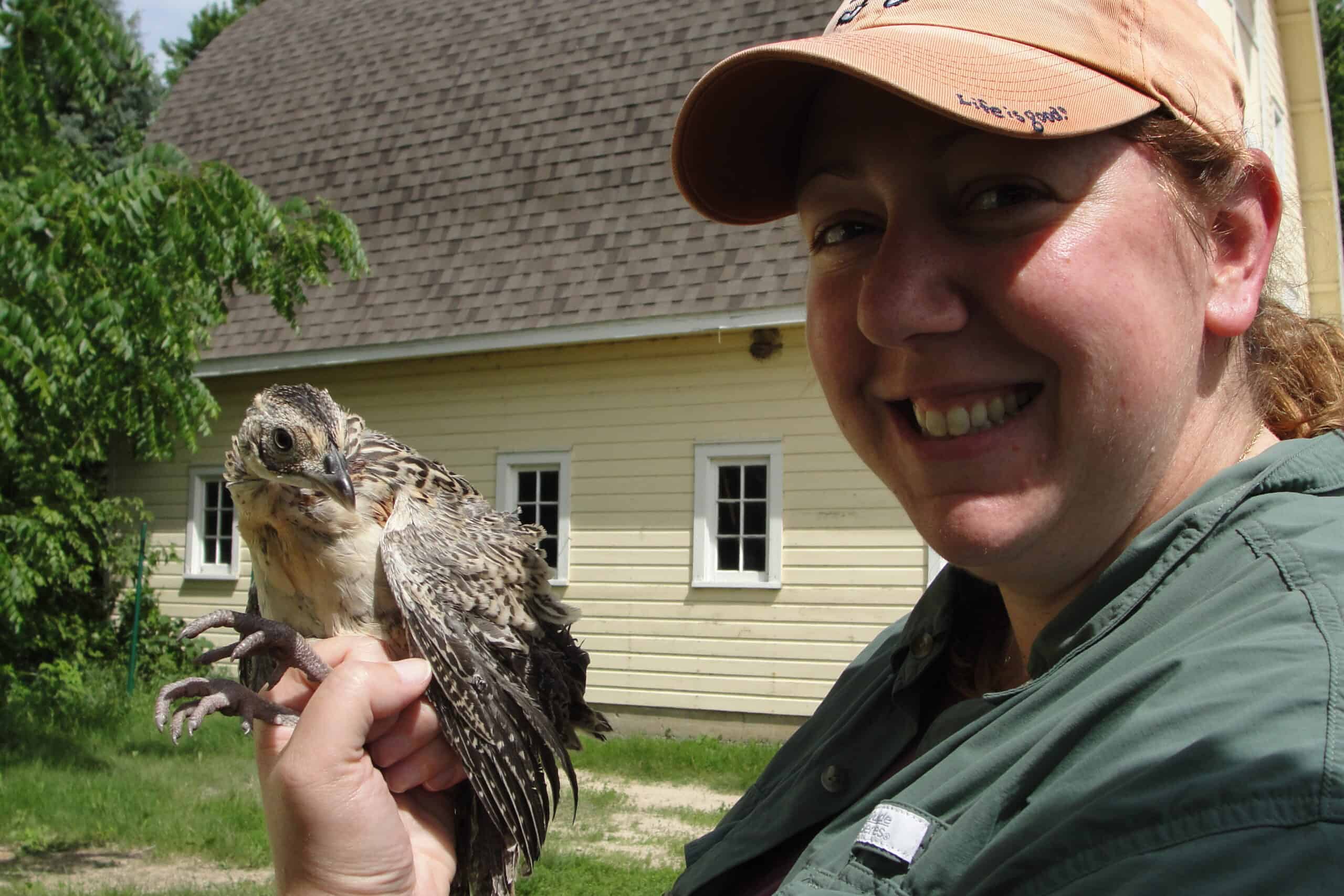Share this article
Wildlife Vocalizations: Kathleen Carroll
Carroll has seen how bad advice can also teach us important lessons and crafted her own advice to consider
Life throws hard truths at us.
I remember sitting in a science philosophy class discussing paradigm shifts when a professor said, “an idea doesn’t die in the sciences until everyone who believes it is dead.” We were discussing climate change denial and how the push to publish papers that denied climate change would only really end when the well-respected scientists, who were dogmatic in their beliefs, were gone—either dead or retired.
That idea stuck with me. Is it really that hard to change people’s minds?
This is just one of a handful of moments in a vast sea of concerning lessons I have been given, and I don’t accept them.

I sat in a room with a friend, who was the complainant in a Title IX case. A well-respected female professor had just told her, “be glad you are a female scientist now. It was much worse when I was a graduate student. You should be grateful.” I was on a resilience webinar last week discussing toxic working relationships, and one participant said, “I don’t expect this to get better in my lifetime, but maybe in the future. At least I made it back after my time away.”
These are not the lesson we should be learning. Bad advice can reverberate just as strongly as good advice. All of these instances have directed my actions to do more and to be louder. I utterly reject the notion that we have to wait for change—for inclusion and empathy—in our field.

My advice is that we vocally condemn these lines of thinking and actively work against them. Have hard conversations with those who do not uphold human values and push back against people who fight against change. Be present, take up space, demand respect and change—you don’t have to wait for anyone to die.
Learn more about Wildlife Vocalizations, and read other contributions.
Submit your story for Wildlife Vocalizations or nominate your peers and colleagues to encourage them to share their story.
For questions, please contact Jamila Blake.
Header Image: Carroll holds an eastern hellbender (Cryptobranchus alleganiensis) in northern Georgia. Courtesy of Iwo Gross








